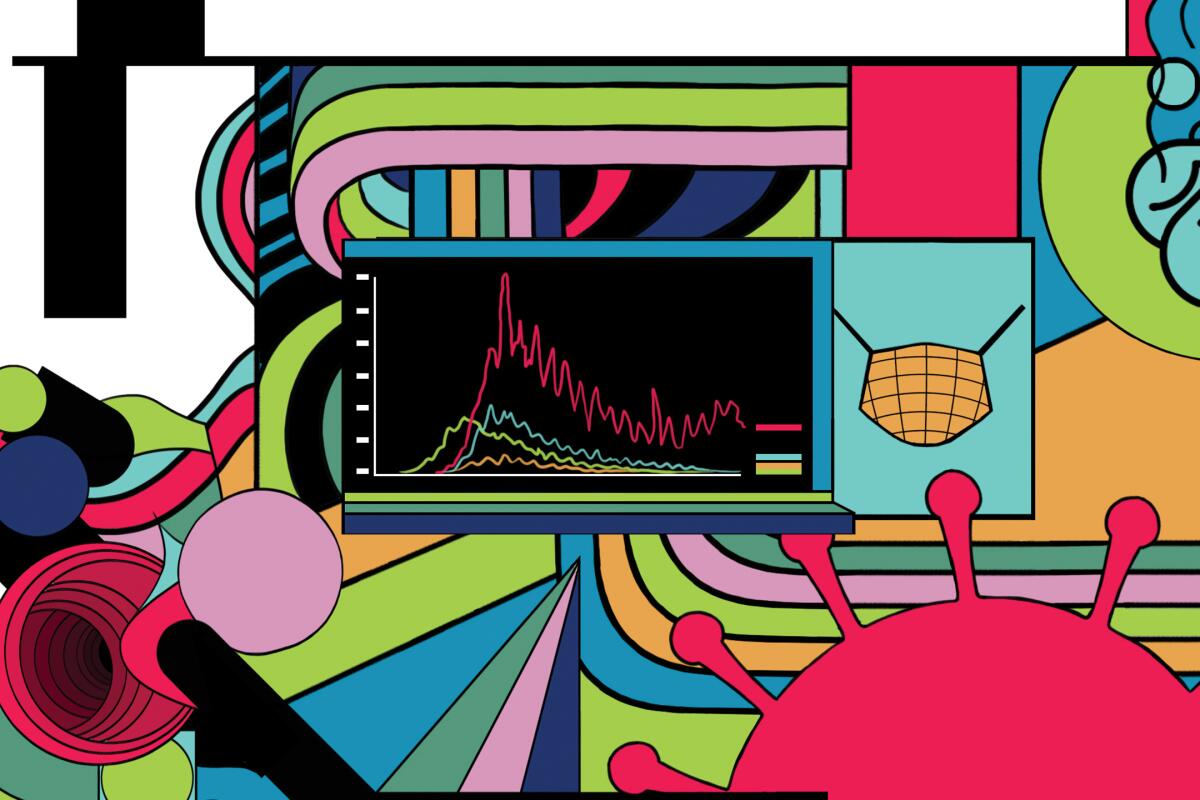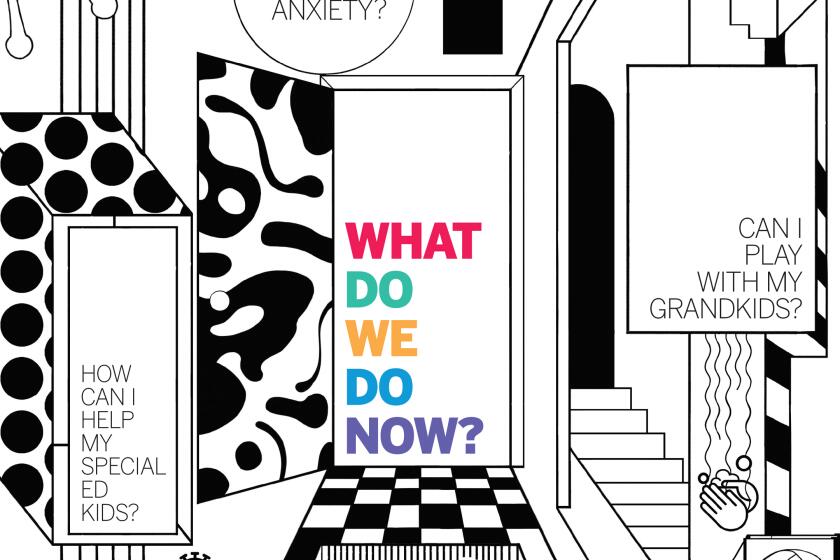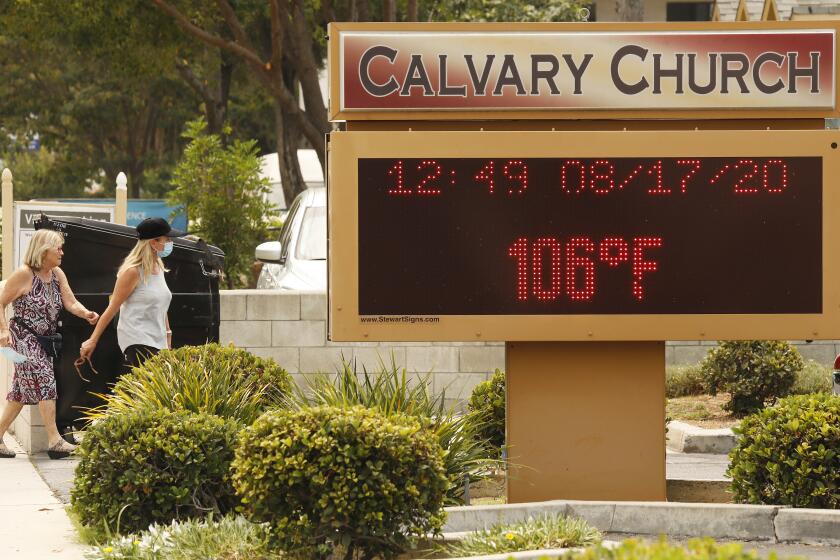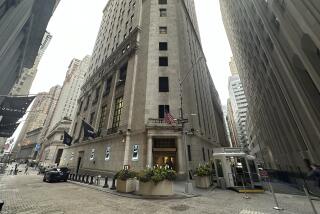Why are stocks so strong when employment is so weak?

We’re answering readers’ questions about life during the pandemic:
Why is the stock market disconnected from the reality of what’s happening on the ground? Few are vacationing, driving, shopping, eating in restaurants, going to bars and millions are unemployed, yet stocks hit record highs each week. Can the Feds endlessly support the pre-pandemic economic levels that don’t currently exist?
It seems bizarre that the stock market is doing so well in the midst of the worst economy since the Great Depression.
There are several reasons, though none is directly connected to the economic value of companies, the traditional method by which market prices are measured.
We asked readers for their most pressing coronavirus questions. The topics included schooling, passports and healthcare. These are answers from experts.
The Federal Reserve Board’s injection of trillions of dollars into the nation’s economy is key. More money circulating means more economic activity than there would be otherwise.
Especially notable: For the first time ever, the Fed has been buying corporate bonds, including junk bonds, helping keep even weak companies afloat. The Fed’s low interest rates, meantime, encourage borrowing, which usually leads to economic growth. The low rates mean investors chase bigger returns, and stocks have been about the only investments yielding big returns the last several years.
Another factor: passive investing.
Those who sink part of their paycheck every month into a 401(k) program tend to put large chunks of it in funds that track major parts of the stock market or the market as a whole. All this money keeps the stock market propped up.
Get The Wild newsletter.
The essential weekly guide to enjoying the outdoors in Southern California. Insider tips on the best of our beaches, trails, parks, deserts, forests and mountains.
You may occasionally receive promotional content from the Los Angeles Times.
Most stock trading is conducted by big institutions. But individual retail trading has gotten hot of late, with day traders trying to score big as the markets continue to rise. New no-fee trading apps add fuel to the phenomenon.
None of this means stocks will continue to rise forever. In fact, the longer stocks are propped up by factors unrelated to the actual health of companies, the bigger an eventual downturn will be. That includes the possibility of a major crash. Low rates and Fed purchase of corporate bonds keep alive weak companies that will eventually fail.
Here are some ideas for reducing power usage and cooling down while California’s flex alert is in effect.
Passive investing can sink a market as well as raise it if people begin to redeem their funds. Day traders can get burned trading artificially inflated stocks, as they did during the dot-com bubble.
No one knows how high the stock market will go before it inevitably cycles downward, nor how hard and fast the fall will be.
In the face of such uncertainty, sound investment advice is hard to come by.
More to Read
Sign up for The Wild
We’ll help you find the best places to hike, bike and run, as well as the perfect silent spots for meditation and yoga.
You may occasionally receive promotional content from the Los Angeles Times.













